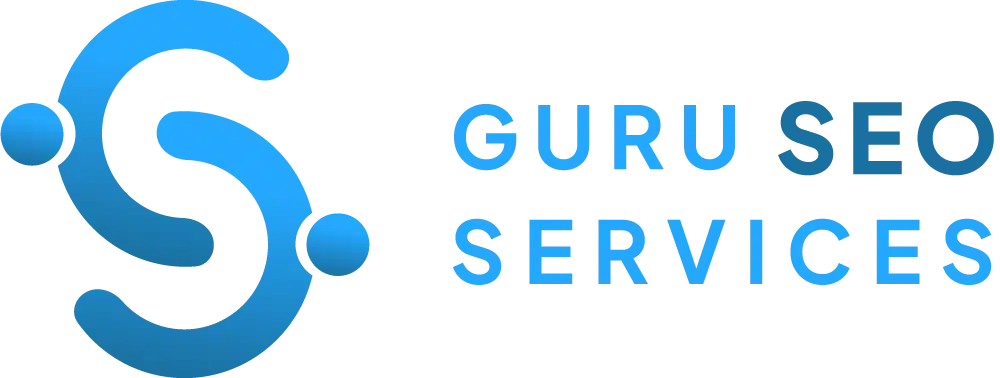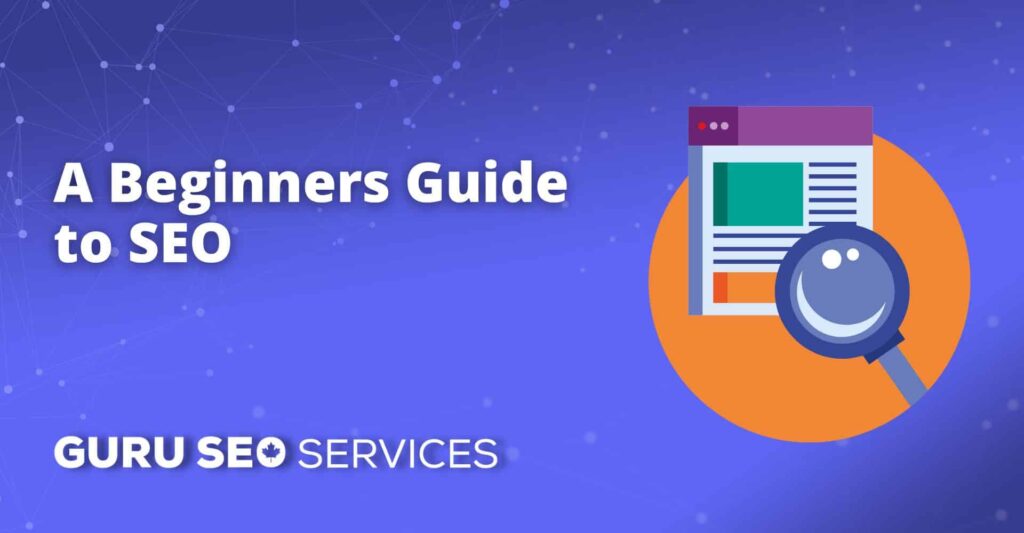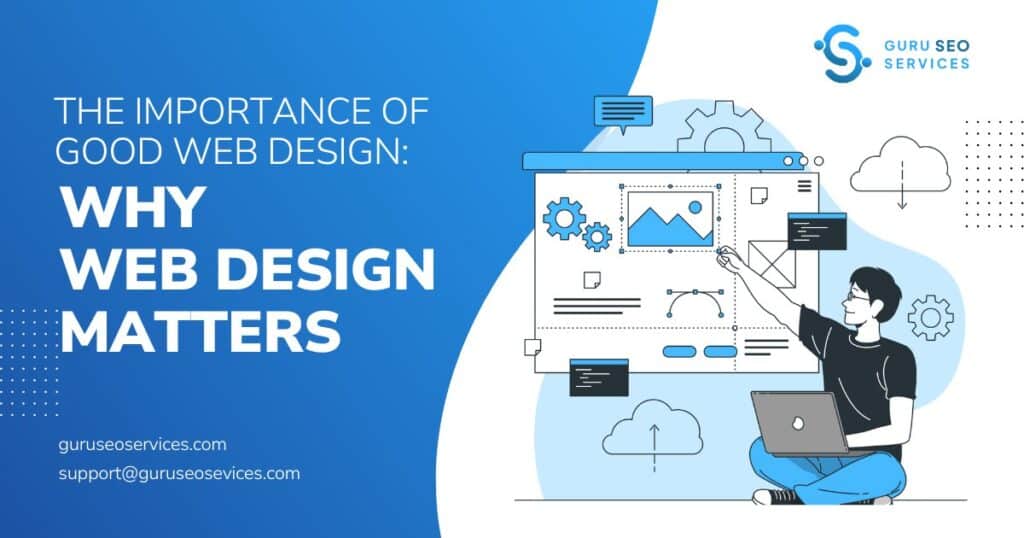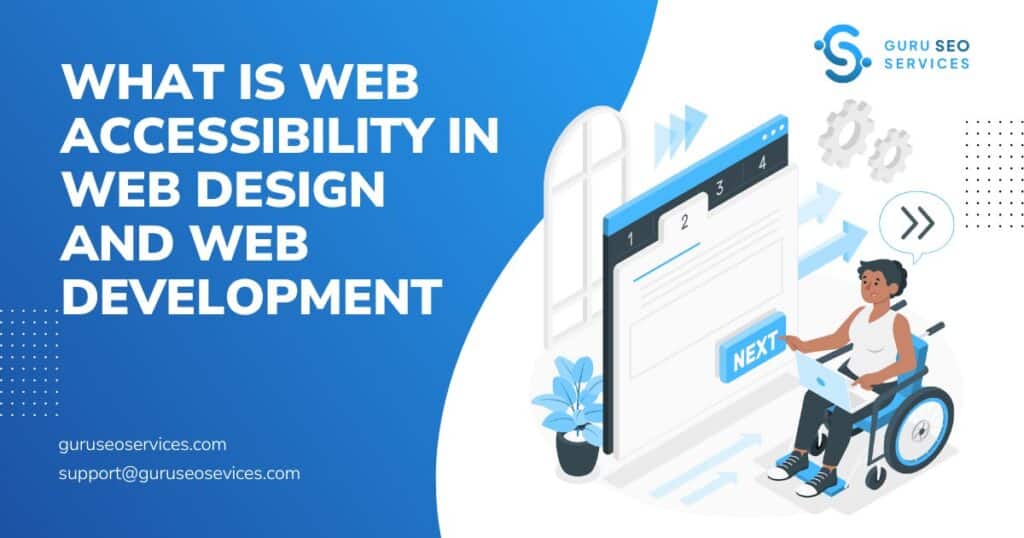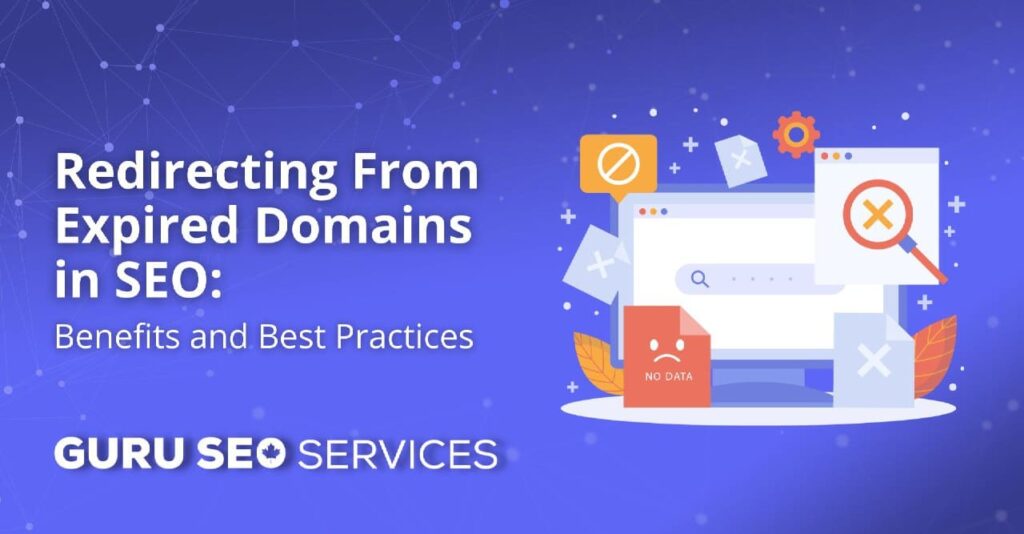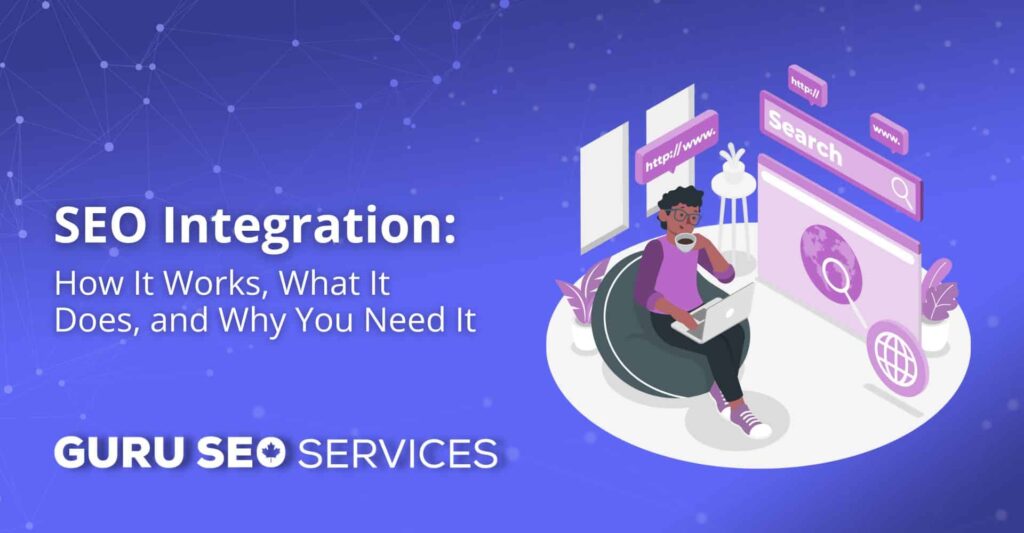What is SEO?
Search engine optimization (SEO) is a process of increasing the visibility of a website on search engines to get more organic (non-paid) traffic. SEO focuses only on organic search results.
All the work put into a website to rank higher on the search engine unpaid result page is what SEO is all about, and has become a vital marketing strategy. While ranking could be great, remember that it is only a means to an end.
Searchers use search engines like Google to search for products, services and information. It takes marketing strategies like SEO to provide accurate and relevant answers to whatever they are looking for. Whether you are a service provider, you sell a product, or you write a blog, once you are a website owner Search engine optimization is something worth learning.
In a nutshell, every effort geared towards making Google consider your website a quality source of information to relevant search queries is referred to as SEO
Key Components of SEO
Most website owners have a limited understanding of how to run their website, thinking that SEO is too hard and putting too much effort is not worth it. While this might not be true, understanding the basic components of SEO will surely aid your success.
Here are important aspects of search engine optimization that beginners should focus on:
- Technical aspect
- Quality backlinks
Technical Aspect
The technical component is also known as on-page SEO, it covers everything that can be done on a website for it to rank on the search engine result page, generate traffic and convert visitors to loyal clients or customers.
The goal of this factor is to create relevant content and improve users’ experience on a website. The technical SEO includes:
- Keyword research
- Content optimization
- Title tag optimization
- Page performance optimization
- Internal linking
Keyword Research
Search engines like Google consider keyword research as the first thing to do when it comes to SEO. For a website to rank on search engines you have to optimize your webpages and their contents around keywords that are relevant to search queries.
The process of finding out the words and phrases internet users use in search engines is referred to as keyword research.
Ways to generate keyword ideas
- “Searches Related to”: it is a section found at the bottom of the Google search result page and contains tons of relevant phrases people are using that are related to your search term.
- Brainstorming: you can come up with a bunch of topics that are related to the products that you are selling or the services you offer.
- Get keywords on Reddit: if your target audience hangs out on Reddit, the probability that you will find keyword ideas is high.
- Use Google suggest: when you type a keyword into Google, you will notice a list of words popping up under your search term. This is Google suggesting other related phrases that people are using. You can as well get suggestions on Bing and YouTube.
- Use keyword research tools: using tools to generate a list of topics is a lot easier, such tools include Ubersuggest, SEMrush, Google’s Keyword Planner, Keyword Surfer, ExplodingTopics.com and Ahrefs
Factors to consider when searching for the keywords to use
Relevance
You can easily know the relevance of a keyword if it is frequently searched for and has everything to do with your business. Content becomes relevant if it matches the needs of a searcher. To do a proper SERP analysis you should find out the search intent of the keyword you want to optimize for.
Searchers have different reasons why they surf the Internet, search intent includes;
- Informational: to get ideal information or just head knowledge about a thing
- Transactional: the searcher wants to purchase a product online
- Navigational: the searcher surfed the Internet to search for a particular website.
Search Volume
You should consider the number of people searching for a given keyword, the higher the usage of a phrase, the bigger the audience. If there is no one using the keyword, there is obviously no audience that would find your content.
Competition
You should also consider the cost and success of a term. In fact, the higher the search volume of a particular keyword, the higher the cost and likelihood of success. You will have to make extra effort to rank because your competitors are more likely interested in that term too.
Content Optimization
This part gets pretty simple since you have a list of keywords you want to work with, all that is left to do is to write SEO friendly content for each phrase or term on the list. You should know that low-quality content simply means no ranking.
Content is the king, writing high quality and comprehensive content is a great way to get Google’s attention. Google has been seen overtime favouring certain types of content therefore before you start building your website pages keep the following in mind:
- Unique Content: Google does not ignore unique content with a higher word count, plus the recent panda updates particularly favour thick and unique content. And if you take a look at the entirety of your website and notice that some of your pages are thin, low value and at worst duplicated now might just be the perfect time to thicken them.
- Engagement: content engagement and user experience (UX) has always been important metrics that Google weighs. A good way to fall in grace with Google is to provide engaging content that has visuals such as video, pictures, and infographics in your content and ensure that they answer the questions that people are asking. Things are changing and global online viewing has come to stay, people prefer watching a 10-minute video to reading a 5-minute article. And again, search engines like Google now rank videos on their search result page. So, engage your content by incorporating media.
- Shareability: fine, you want to be careful of not giving out content that has lesser value to searchers, you should also consider who would link to and share your new webpages before sending them out. Holding a large number of contents that are not likely to be shared or linked to doesn’t paint a good picture of your websites and doesn’t position such content to rank on Google either.
Title tag optimization
A title tag is known to be the most impactful place you can put a keyword. It should not be confused with a page primary headline. It is the “headline” in organic search results, that part which you can see at the top of a browser that comprises your page’s source in a meta tag.
Google will not always show the same length of a title tag for all content but generally ranges between 55-60 characters. To work with your core keyword in a more natural and compelling way, you should add some related modifiers around the phrase also. So what a searcher sees frequently in the search results for your page is the title tag. This “headline” in the organic search result can in a great way influence if content will get a click or not.
Page Performance Optimization
The page speed of a website has a lot to do with page performance. It is an important aspect of technical SEO and an essential user experience factor that cannot be overemphasized. All things being equal, an ideal page should load within a couple of seconds.
To keep your page at a satisfactory level, you can follow this procedure:
- Decide to use a quality web hosting
- Optimize your images, large image files hinder pages from loading fast. To prevent this you should compress images, resize images and use the appropriate file type (JPEG for photos, SVG for icons, logos, and other simple illustrations, GIF for animated images, and PNG for line drawings, screenshots, images that contain text).
- AMP should be considered: for faster content distribution on mobile devices like smartphones, Accelerated Mobile Pages technology should be considered.
- Implement caching on websites
- Reduce third party-scripts on your site.
Internal linking
Internal linking is an SEO practice that is usually given less attention but it is as essential as any other practice. Having a proper structure of internal links improves website crawlability, improves users experience and engagement, and improves ranking.
How To Get a Website well interlinked
1. Make use of clear navigational elements
Having properly structured navigational elements is a key to a well-interlinked website. These navigational elements include:
- Menu: the menu is a main navigational element and should be made clear and descriptive
- Categories: if you want visitors to find related content easily you must organize content into more logical categories.
- Breadcrumbs: this navigational element is useful if your pages are nested in structure.
2. Start linking from the body of the page
Link a page to relevant pages from within the page body. This link is contextual in-text links that link to related pages from within the website and help interested users to get more information (or to read further) about a term within the site.
Follow these linking principles:
- Whenever you want to post a new blog or publish a new post, think about your previous content and link related content contextually
- Add internal links from other useful topically relevant pages once the new page is published.
Quality Backlinks
Backlinks are also known as “inbound links” and sometimes “external links”. They are HTML hyperlinks pointing a website to another website. It is an SEO practice that increases the authority of a website.
Search engines see links as votes that establish the importance of a web, making links look like currency as they function like real-life reputation. Search engines however changed how they view links, they now use algorithms to assess sites based on the number of links they can find on them.
Basically, search engines like Google evaluate links using this concept- ” Expert, Authoritative and Trustworthy”. So if a site does not carry these three elements, Google views such a site as low quality. As you practise SEO, creating a site with these 3 qualities should be your guide.
Link To Quality, Not Quantity
The number of websites you are linked to does not count as much as its quality. For instance, Wikipedia has thousands (if not more) of sites linking to it. This is a site that has built popularity and importance, this implies that it has authority, is trusted and provides expertise.
And again, for your website to earn authority and trust from search engines you will need links from powerful and reputable websites that give trustworthy content to searchers.
Qualities of a healthy link profile
It pays to maintain a healthy link profile at all costs. What qualifies for a healthy link is hard work and credibility, you should strive to earn your links through honesty so that Google will see that you are earning your authority fairly, this is what makes a healthy link profile.
The foundation of earning quality links is by creating high-quality content. When you provide helpful resources, people will genuinely wish to reference them. This they do by naturally linking to that page.
Links are relevant when they are from websites that share the same interest or use similar keywords like you. Links should come from websites within a topic-specific community, this gives relevance. While links from irrelevant sources will send negative signals about your page to search engines.
Tips on how to create quality backlinks
- Publish a blog
- Create unique content
- For a local business, be involved in your community
- Find clients/customers and partners
- Refurbish your top content for other platforms
- Be newsworthy
SEO can be a lot of work but with constant practice and commitment, you will see an improvement in your website traffic. You don’t have to swallow all the details at once, just take a step at a time, you will be there in no time.
Search engine marketing is fun but when you get confused, don’t give up!
